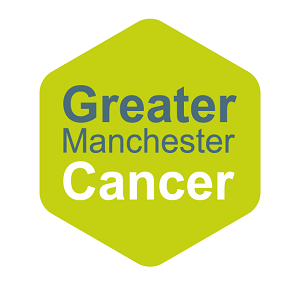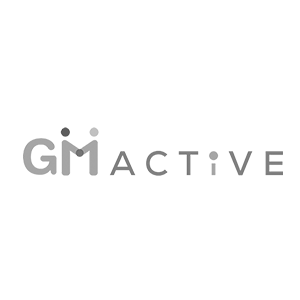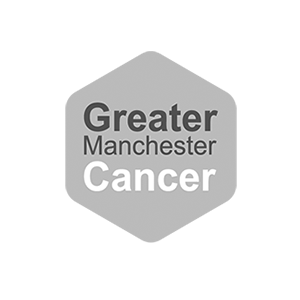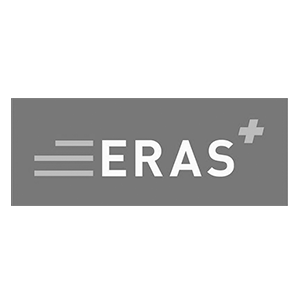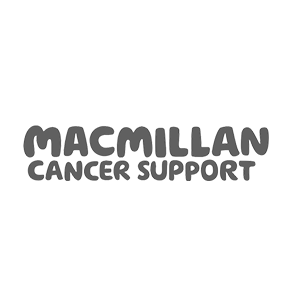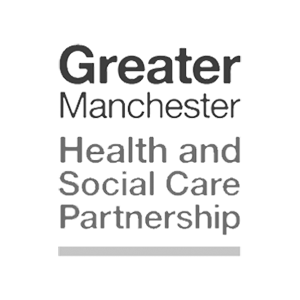Each specialist is supported by local instructors
A huge piece of development work has been done across GM Active to upskill and standardise training
Our local instructors are minimum level 3 qualified and will shadow specialist in clinics and sessions
GM Active have just hosted a level 4 Cancer Rehab course and a level 4 Pulmonary Rehab course to upskill instructors
There are CPD opportunities held with GM Cancer to upskill locality staff via event days and training days with guest speakers
The Prehab4Cancer team works as part of GM Active, a collective of 12 leisure and community organisations from across Greater Manchester that are all part of the same movement, to get more people physically active. The group accounts for 87 leisure and sports facilities across the region which are available for the Prehab4Cancer team to deliver sessions in.
The delivery team work closely with clinicians throughout the Prehab4Cancer programme.
Specialists and referrers are able to communicate quickly and easily
Reports are presented by the Prehab4Cancer team at the Clinical Subgroup meetings
Specialists have attended Subgroup meetings in local hospitals
Issues raised or concerns are quickly fed back to the clinical team
Nutrition database with ‘red flag’ system integrated to monitor patients weight and refer to dieticians
Our exercise prescription is tailored to each patient. Following a full holistic assessment the exercise specialist will devise a suitable programme for the patient. We use two forms of exercise training principles:
This type of aerobic training is based on HIIT training and involves short periods of high intensity and effort interspersed with lower intensity exercises. The patients training zones are calculated using the age-adjusted heart rate formulae and patients work at 65-85% Max HR during intense periods and at 50-60% during the lower intensity periods.
Progressive/Continuous (more deconditioned or for those with complex health history): This type of aerobic training sees the patient taken through progressive training zones using the same age adjusted heart rate formulae as the RE-HIIT protocol. Patients are started at around 40% max H and steadily work up to 60-80% training zones where appropriate.
We see resistance training as of equal importance for patients and all programmes will have a resistance element. The prescription of the resistance training is a progressive intensity of effort achieved through increasing weights or repetitions of exercises. There is a minimum of 3 exercises targeting main large muscle groups of the body (Upper and Lower body) and focus is on those muscles that will improve transitions post-surgery. For example there is a big focus on the muscle groups responsible for getting out of bed so exercises to build those muscles are incorporated during Prehab.
Assessment
Patients are assessed regularly throughout the Prehab4Cancer and Rehabilitation programme, using the following measures:

Functional Capacity
ISWT (incremental shuttle walk test) or 6MWT (6 minute walk test)
Hand grip dynamometry
1 minute sit to stand
PROMs
EQ5D-5L
IPA
Self efficacy scale
Rockwood Frailty
WHODAS 2.0
EORTCQLQ-C30
Health checks
PG – SGA
Blood pressure
Height
Weight
Resting HR
Oxygen stats


